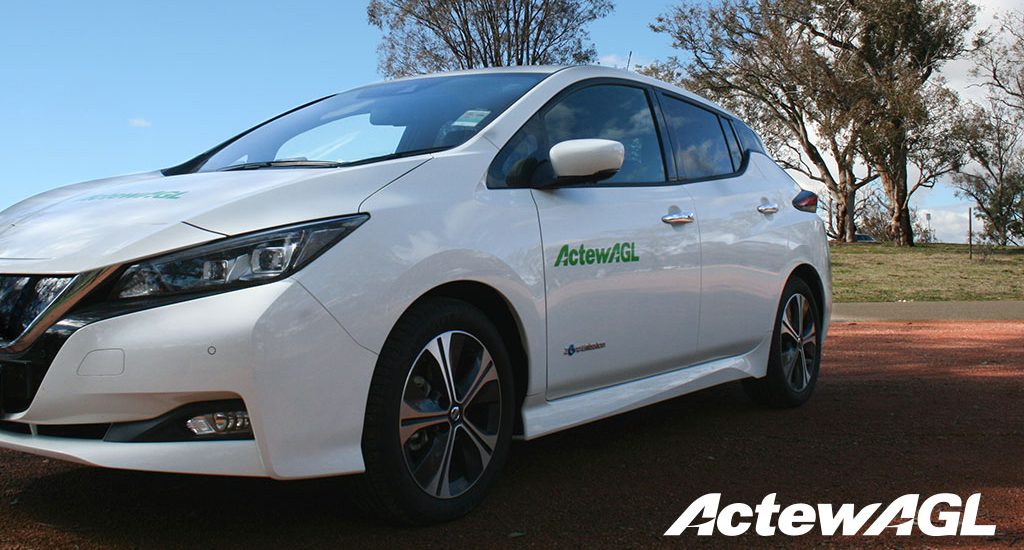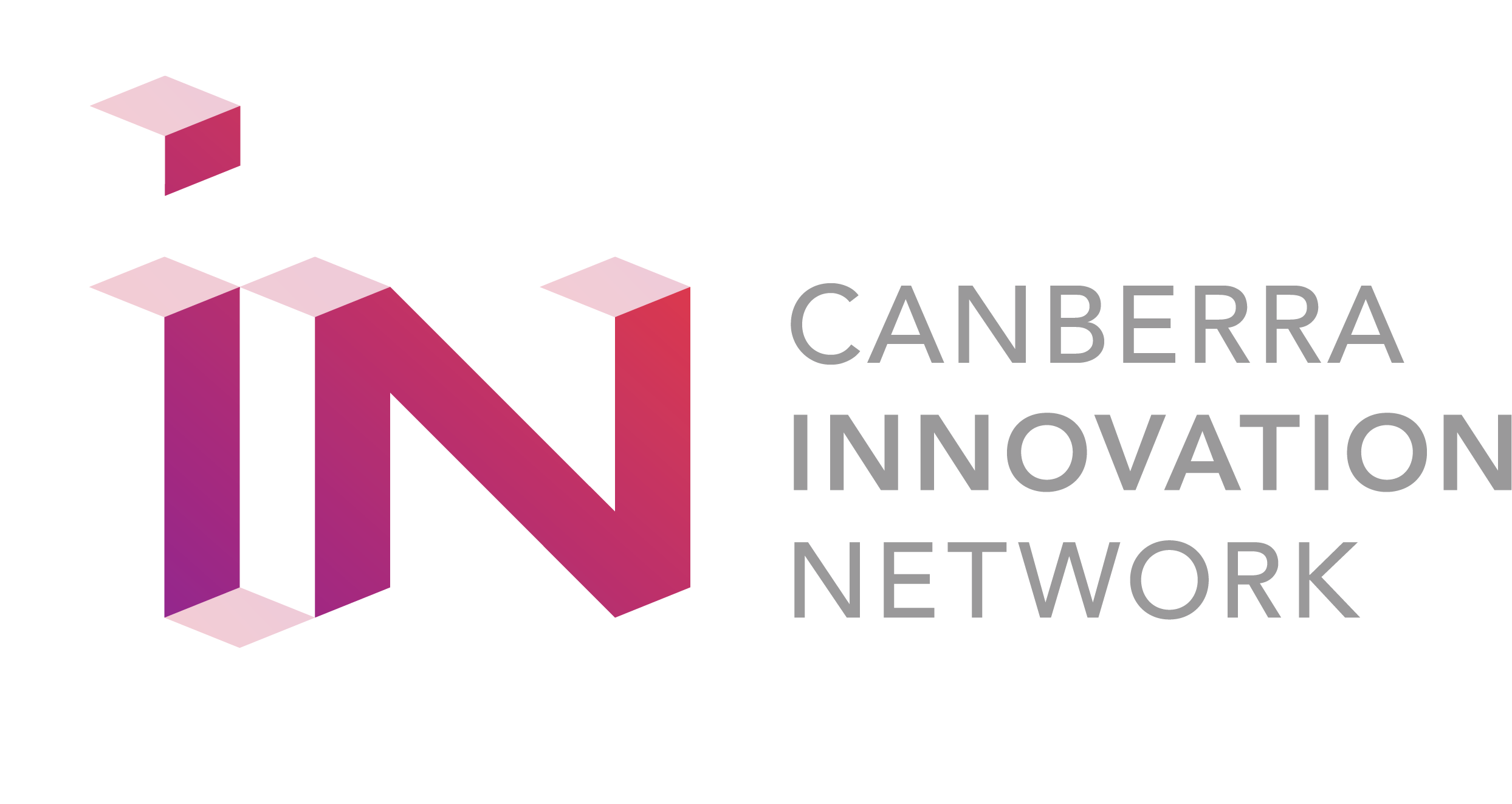- 24 August 2020
- Posted by: Canberra Innovation Network
- Categories: General News, Media Releases, Partner News

ActewAGL and CBRIN’s partnership is based on a shared vision to grow new industry and jobs by connecting innovative businesses, researchers and entrepreneurs in Canberra. By promoting their success, we accelerate innovation and ensure the ACT’s global competitiveness.
Canberra’s local energy retailer, ActewAGL, is leading a consortium to drive electric vehicle innovation in a world-first project. Increasing the take up of electric vehicles delivers a range of benefits, including environmental, through reduced emissions, especially when the vehicles are powered by 100% renewable electricity, as is the case in the ACT.
In partnership with leading organisations across the electricity and transport supply chains, the ‘Realising Electric Vehicle-to-grid Services’ (REVS) project will test how electric vehicles can support the uptake of renewable generation, by balancing out the grid complexities arising from the intermittency of renewable generation, such as that from solar and wind.
ActewAGL’s Group Manager of Product and Strategic Energy Deployments, Todd Eagles says “This project demonstrates ActewAGL’s continued commitment to working collaboratively with ACT Government, customers, community and other stakeholders for a sustainable energy future.”
“It’s incredibly exciting to be involved in this world-first initiative, which will develop the full value stream of economic, environmental and industry benefits from the utilisation of energy stored in electric vehicles. Our goal is to make electric vehicles a more viable and appealing transport option for fleet operators, while contributing to the reliability and resilience of the electricity grid.”
The REVS project team will build on the knowledge of earlier international trials, which tested aspects of vehicle-to-grid services in controlled environments. The REVs project will deliver a live deployment with commercially available electric vehicles, collaborating with fleet owners and the live energy market, to better understand and quantify the value of the bi-directional energy flow available from electric vehicles. The bi-directional flow of energy refers to the ability for an electric vehicle to both draw energy from the grid, and inject it back when needed (for example, when there is a loss of a generator or loss of multiple transmission circuits).
“It’s not just the electricity grid that will benefit from these services. In an Australian-first, the project will demonstrate that electric vehicles have value for customers beyond the primary function of transport. When electric vehicles are plugged into a bi-directional charger, the vehicle owner can be financially rewarded for providing energy back into the grid when it’s needed, making electric vehicles an even more attractive proposition, especially for fleet owners,” says Mr Eagles.
ActewAGL was awarded $2.4m as part of the Australian Renewable Energy Agency’s (ARENA) Advancing Renewables Program. The REVS project is a whole of industry collaboration including the ACT Government (fleet owner), Australian National University (research), Evoenergy (electricity network owner), JET Charge (charging infrastructure), Nissan (vehicle manufacturer) and SG Fleet (fleet manager), all who have collectively supported the project contributing a further $3.86m. Accenture is supporting the REVS project with project management services and insights on the global EV landscape. The REVS project will run until February 2022.
Find out more about ActewAGL’s initiatives, programs and support at actewagl.com.au.

